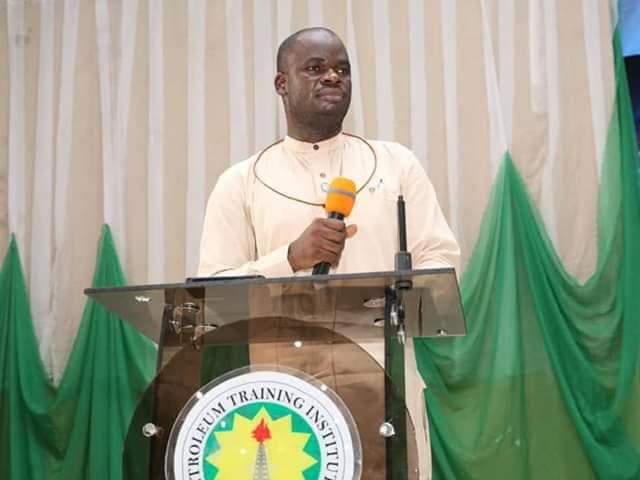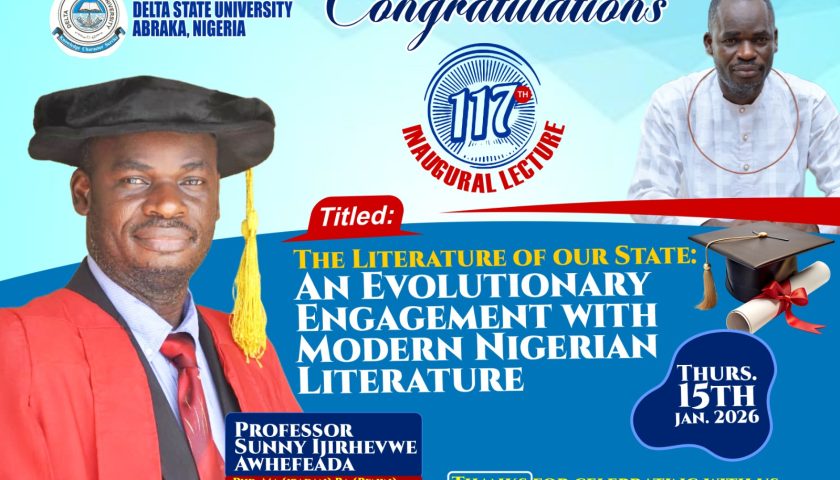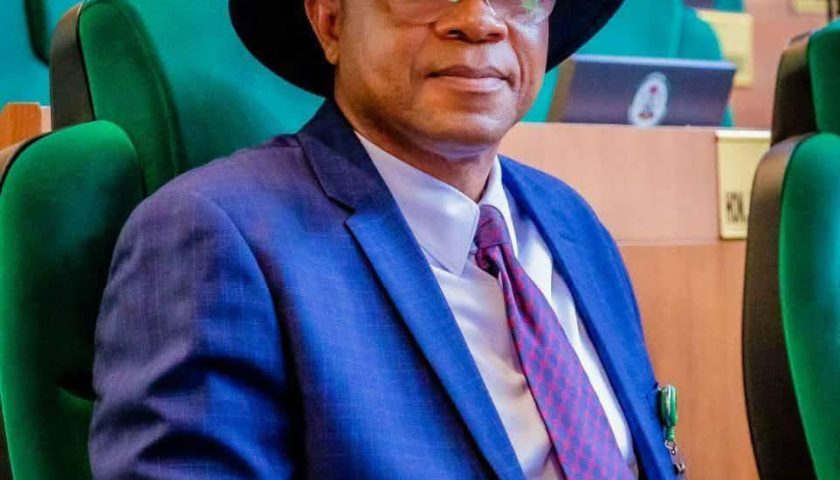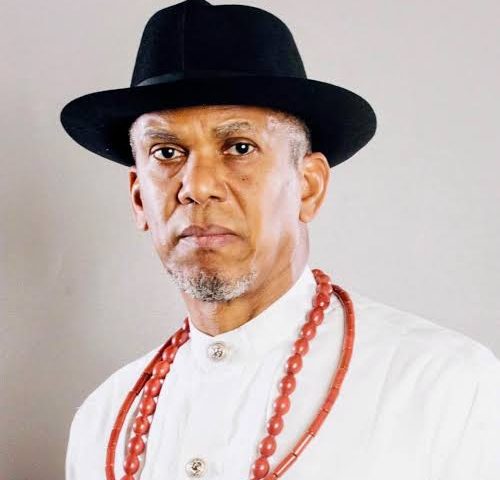Studying literature was stimulating and ennobling. Many people only see the story and entertainment value of the subject. However, beyond that is the symbolic exegesis of the discipline with a multi-generic character manifesting in prose, poetry and drama.
The configuring of literature as a mirror of life is as apt as it is definitive. Yes, the discipline reflects the social history of humanity through storytelling. The curriculum of the literature we studied in the university was beguiling at face value and first encounter.
We were enthralled by the nomenclature of Metaphysical poetry. The title of another course which sounded alluring was Romantic Poetry. We all thought we would be great writers of love poetry thinking that the course was all about love. Lo and behold, the course was about the idolization and idealization of nature, childhood, distant past and contraries.
We were disappointed on reading boring and sometimes long poems about rivers, trees, the past, childhood and ruminative essays that we thought would open our eyes to writing love poems.
The poets were something else. William Blake was bleak. Samuel Coleridge astounded college sensibilities, William Wordsworth was wordy, Lord Byron was un-lordly, Percy Bysshe Shelley shelled meaning, while John Keats was really not as pleasant as we thought he would be.
The Metaphysical poets violated our sense of mysticism and got anchored on complex philosophical abstractions. Despite being put off by the arcane and turgid of the aforementioned strands of literary representations, we did fall in love with them and distilled their values be it academic or social to equip ourselves with the necessary armour to face life and its plural oddities.
The literary tradition to which a few of us got beholding to as a result of the plurality of its social manifestation was Twentieth Century British Literature which was taught by the inimitable Professor Steve Ogude, a great teacher we loved to mimic. That course took into its fold the complex and diverse social reality that birthed British Literature in the twentieth century. The component that had a sobering effect on us was modern literature especially its existentialist corpus.
Derived from philosophical inquisition deposed to by the Danish Soren Kierkegaard, existentialism depicts man as living in a hostile environment and frames his predicament as essentially his own making. While jettisoning the dominance of religion and celestial influence, existentialism sees the world as irrational, chaotic, anguished and without a purpose. The literary offerings adumbrating existentialist motifs align with philosophical and psychoanalytical thought formations.
It was thus possible to encounter Albert Camus, Jean-Paul Satre, Eugene Ionesco, Friedrich Nietzsche, Sigmund Freud, Carl Gustav Jung, among them philosophers and psychologists, offering ideational and thematic anchors to literary works. Perhaps the most influential sub-strand of existentialist literature remains the theatre of the absurd where Samuel Beckett’s Waiting for Godot attempts a parody of the Christian idea of the second coming.
Beckett’s absurdist agenda involves depicting two characters Lucky and Pozzo who are waiting for a redemptive character who never shows up. Around the two characters is a waste place defined by dread, bleakness and pain. Anxiety, the unknown as well as a lack of memory hunt both characters.
The period which enabled existentialist literature was conditioned by the complex impact of change and the shock of two world wars in less than thirty years. The landscape the writers inhabit was a wasteland which offered neither hope nor succor.
A leading poet and playwright, T. S. Eliot, actually authored a poem with the title “The Wasteland” to reflect the physical, emotional, social and psychological devastation that marked the era defined by chaos and hopelessness.
Looking back and thinking about the present Nigerian conundrum, one cannot but help draw a connection to be aptly framed as “Nigerian Existentialism”. The Nigerian condition, although has never been perfect or ideal, took a turn for the worse in 1984 when the nation’s soldiers of fortune sacked the civilian regime that had itself become a plague. If that civilian regime led the nation into twilight, the successive regimes, military and civilian, elongated it into one long night of savagery, apologies to Chinua Achebe, from which nobody is willing to deliver us. The lineup of rulers who took turn to assault the nation got worse with each passing regime.
Despite the promises of renewal and revival they all made at the onset of their tenure, they end up betraying the very ideals of nationhood they pledged to uphold. Nigerians became victims of misrule, indecision, visionless leadership and utter state failure. Before now, each day, week, month or year was always an opportunity to hope for change, but not anymore. Our balloon of hope has been deflated.
Olusegun Obasanjo whose duplicity partly led us to tragic reality has ironically turned out to be the best among the adventurers who have ruled Nigeria since 1984. This is sad and ironically so because we have become a people who celebrate half measures and serve the god of small things.
Thankfully, Obasanjo and some of those who plunged the nation into this existential whirlpool are still alive to see the works of their hands signified by corruption, poverty, insecurity, lawlessness, chaos, despair, anguish, uncertainty and other negative decimals that define state failure.
While government people continue to lie to Nigerians that all is well the reality everywhere we turn is contrary to what they tell us. Where are the likes of Lai Mohammed and Femi Adesina who stood before cameras to shamelessly tell the world that insecurity had become a thing of the past and that hunger had been defeated pointing at what they told us was rice pyramid not knowing that it was a pile of wood covered with imported rice! A few years after those assurances and reassurances what Nigerians are confronted with is acute disillusionment.
The ills of old that should have been erased are being reenacted in frightening dimensions. Our daughters in school in Kebbi have once again been kidnapped. Killings are going on all over the country especially in the North from the NorthWest through NorthCentral to the NorthEast.
Our soldiers are being mauled by terrorists who government claimed had been technically defeated. Their latest victim is a general of the Nigerian Army an army that once prided itself as the strongest fighting force in Africa and the Third World. That army now appears like a of boys scout club standing sentry on domestic duty, guarding the homes of big men, fighting, beating and stabbing civilians on street.
As I write, the Academic Staff Union of Universities (ASUU) that recently called off a warning strike as a result of appeals from the public and government’s announcement of its readiness to honour the agreement it freely entered, is threatening to go back to the trenches because government has mounted the horse of betrayal again. Terrorists are closing in on the cities and citizens.
While government is still denying that there was no Christian genocide here terrorists attacked a church in Kwara State three days ago killing worshippers and abducting others. That happened the same day Nigeria’s foreign affairs minister Yussuf Tuggar was telling the world that the insecurity reports were blown out of proportion. Realizing the grave danger into which the nation has been plunged the Nigerian Senate has asked the president to recruit one hundred thousand soldiers to fight the insurgency.
It is the hope of Nigerians that the children of those making the request will step out to be recruited. The same day we were treated to the an absurdist drama involving members of the Peoples Democratic Party (PDP) in a street fight over who controls the party when the soul of Nigeria was under attack. It was such a depressing week as another absurdist video showed judges singing “on your mandate we shall stand” for President Tinubu. Nigerians are waiting, they are waiting for Trump. But since Nigeria is an independent country, will the wait be like that of the existentialist characters waiting for Godot?





